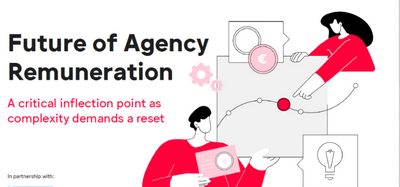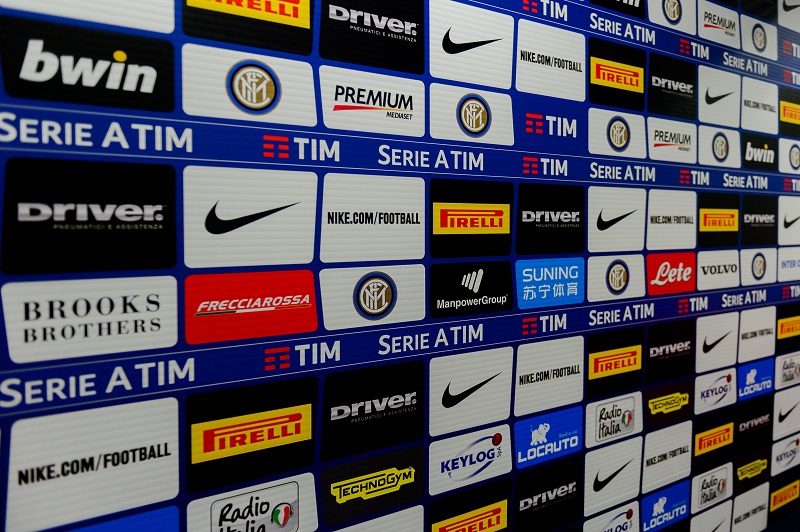By Felicia Nwosu
Global brands seek new agency compensation structures as AI, automation reshape media landscape. A majority of multinational companies are planning to overhaul their agency compensation models within the next three years, according to a report by the World Federation of Advertisers and consultancy firm MediaSense.
The shift is driven by the increasing complexity of media operations, advancements in automation, and the growing expertise of advertisers, prompting a departure from traditional time-based billing methods.
The study, which surveyed over 80 global corporations managing more than $60 billion in advertising expenditures, highlights a growing preference for performance-based pricing structures. Around 58 percent of respondents indicated plans to increase their reliance on output-driven models, aiming to enhance the value exchange between advertisers and agencies while accelerating the adoption of automation technologies.
The report showed that advertisers are now at a critical juncture, facing the decision to adopt more sophisticated, outcome-based compensation models or revert to traditional, less complex approaches. This it noted, indicates a clear trend toward performance-driven structures, reflecting a broader effort to align agency performance with business objectives through closer collaboration and forward-thinking strategies.
However, the report revealed that efforts to implement these new models face significant challenges, such as lack of transparency and inadequate metrics to assess outcomes were identified as major obstacles, with 84 percent of companies citing insufficient data as a key issue. Additionally, it added that 87 percent of respondents believe agencies are reluctant to embrace pricing models that offer greater insight into their revenue streams. While most advertisers expressed interest in how agencies generate income, only 28 percent reported having clear visibility into these practices.
It asserted that opinions within the agency community are divided, as some argue that aligning on clear objectives and measurable outcomes could render concerns over transparency less critical, while others contend that transparency remains essential for fostering trust and collaboration between clients and agencies.
Interestingly, the push for change is not primarily driven by cost-cutting. Only 15 percent of companies view reducing expenses as a primary motivation. In fact, 61 percent anticipate an increase in agency fees over the next few years, particularly for specialized strategic and technical expertise. Tasks that can be automated or handled through technology are expected to see a reduction in fees, with 58 percent of brands predicting lower costs in areas where artificial intelligence is applied.
Industry leaders underscore the need for a balanced approach. MediaSense’s Chief Strategy Officer, Ryan Kangisser, emphasized that the evolving compensation landscape is closely tied to the agency model, talent quality, and the pace of automation. He highlighted the importance of fostering partnerships that recognize both the need for profitability and the delivery of tangible business results for clients.
Tom Ashby, Global Lead for Media Services at the federation, pointed to the rapid evolution of the media industry, driven by new channels and the transformative impact of artificial intelligence. He stressed that agencies and advertisers must continue adapting their compensation structures to align with these changes






Comment
No comments found.